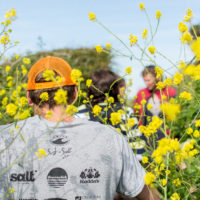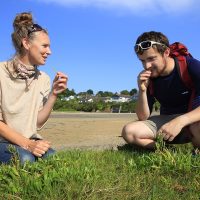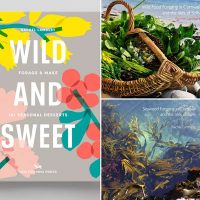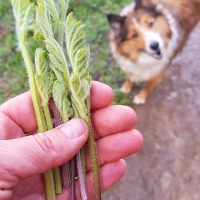What's love got to do with foraging?
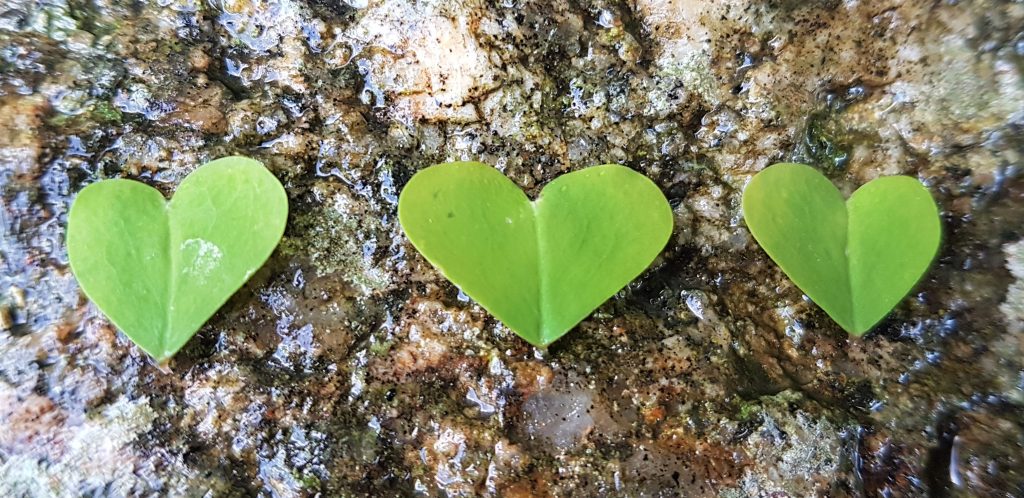
Love and foraging: A natural pairing
Foraging and love. Love and foraging. Do these two naturally go together? I believe they do. Let's explore why love should play a central role in our approach to foraging.
"Life is the flower of which love is the honey." — Victor Hugo
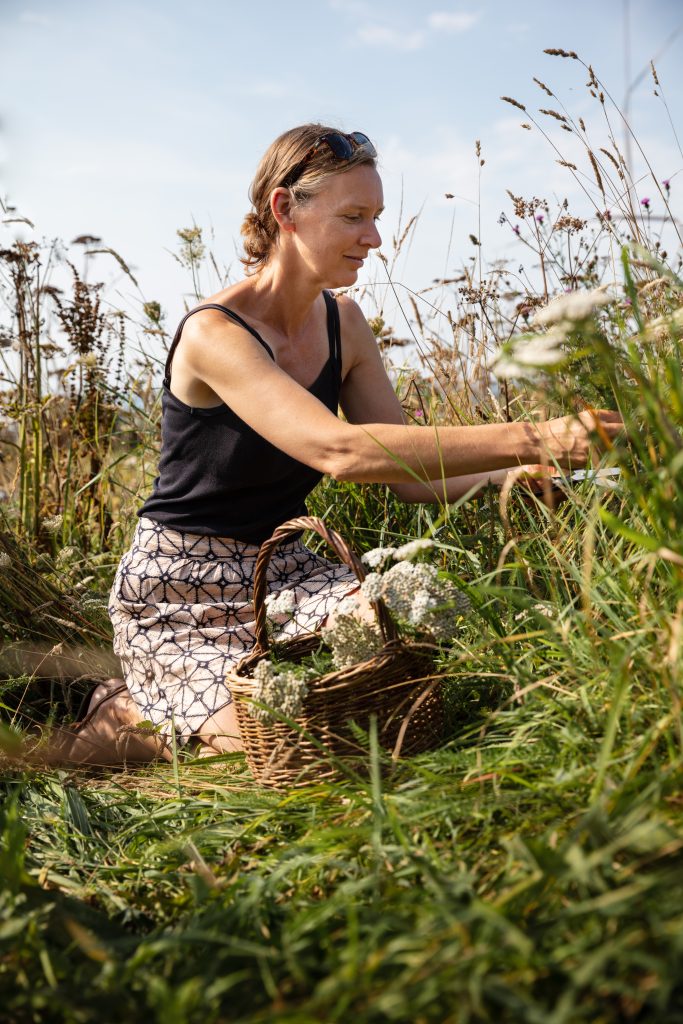
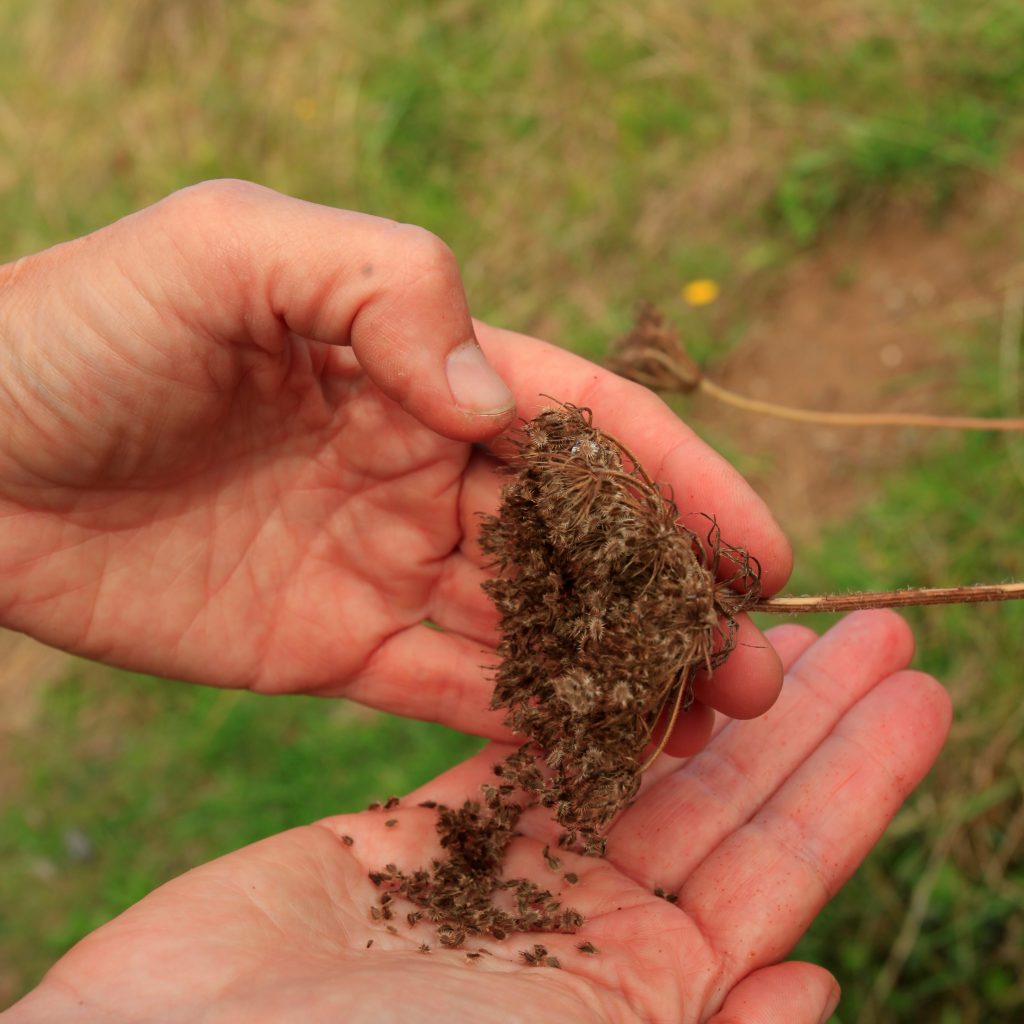

"Love is not what makes the world go around. It is what makes the ride worthwhile" - Franklin P Jones
Why forage with love
Foraging offers a profound opportunity to practice care, thoughtfulness, and kindness towards the natural world. In our culture, which has increasingly exploited the Earth's resources over centuries, approaching foraging with love becomes an act of significance.
Since the dawn of humanity, our relationship with food—its origins, its sustenance—instilled a natural care and respect (love) for what nourishes us. This innate connection has historically guided our stewardship of nature. However, as societies shifted from foraging to farming, the dynamic changed. We began taking from nature rather than symbiotically working with her. In this imbalance of taking rather than giving, something essential is lost.
Reconnecting with foraging through a lens of love can help restore this balance. By asking ourselves questions such as, "Am I foraging with love and kindness? What has nature given me today, and what am I giving back?" We can foster a more harmonious environment where plants, people, and the land thrive together.

Traditional ways to forage
Despite humanity's lengthy history as foragers predating our farming practices, much of our ancestral wisdom on sustainable foraging has been forgotten. Indigenous peoples and those who still practice traditional foraging methods understand the essence of a reciprocal relationship with the Earth. For them, reverence for food is a way of life. A constant cycle of giving thanks and receiving sustenance, ensuring that cultures remain respectful and within their means.
Reclaiming foraging in the modern world isn't just about rediscovering lost practices. It's about reconnecting with food, nature, and the timeless cycles of life. Infusing foraging with love ensures that it is done ethically, sustainably, and for the greater good of ourselves and the environment. This becomes of great importance in our current times.
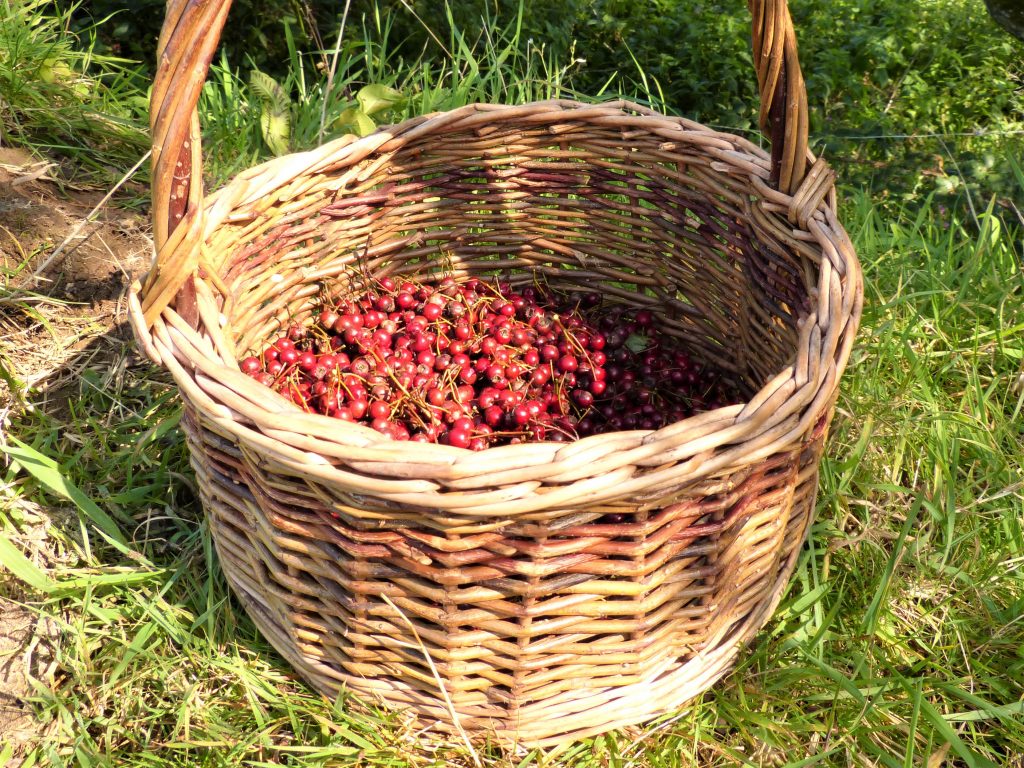
Honouring the earth
Preceding all religions across the world was shamanism. The practice of honouring the earth and all that she gives. One of ways this shows up worldwide is giving thanks. A prayer before an animal’s life is taken. A harvest festival to give thanks for the grains, vegetables and fruits of the season. A wassailing tradition to ensure the good crop of apples for cider making, enriched with singing, parading and jovialities.
In ‘Way of the Wyrd’, a short, historical novel by Brian Bates, Brian alludes to some of these past practices in Ango-Saxon England. It’s been 20 years since I’ve read it, but I still remember the scene where herbs are gathered. The forager makes a small cut, giving a drop of his own blood in exchange of the life, medicine and nutrition that the plant gives. I'm not advocating we cut ourselves, instead, we consider the life and vitality that plants give us and something of significance that we could give back.
As part of my own journey, I was lucky enough to do a course with Native Awareness in the north of England. The teachings made absolute sense to me. It was so good to be in an environment where things that mattered to me were highlighted as an integral approach to living.
The phrase ‘walk on the earth as if it was your grandmother’s face’ has stayed with me from that course. Based on Native American teachings where grandmothers are still seen as respected elders of the community - this practice doesn't translate well if you don't love your grandmother! I loved the invitation to walk as if the ground under our feet was an elder to be cherished.
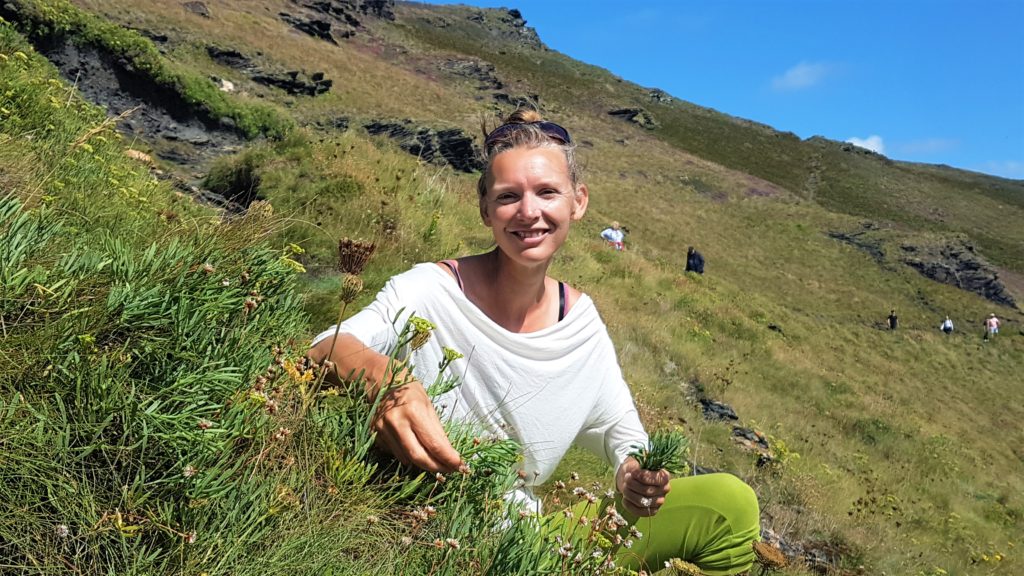
Giving thanks
I wasn't raised as a forager, but gratitude has always been a cornerstone of my upbringing. Whether saying grace at family dinners or participating in Celtic celebrations that honour the changing seasons. Giving thanks feels deeply natural to me.
Words and feelings hold immense power. "Thank you" can transform an atmosphere, an intention, or an exchange. Bringing the intention of love into our interactions—whether with people or with plants—becomes a positive influence. Have you ever entered a room and felt a palpable tension or, conversely, stepped into someone's home and immediately felt welcomed? Love has the power to shape environments.
This begs the question: what kind of world do we want to create? How can we co-create this world through our behaviours and actions?
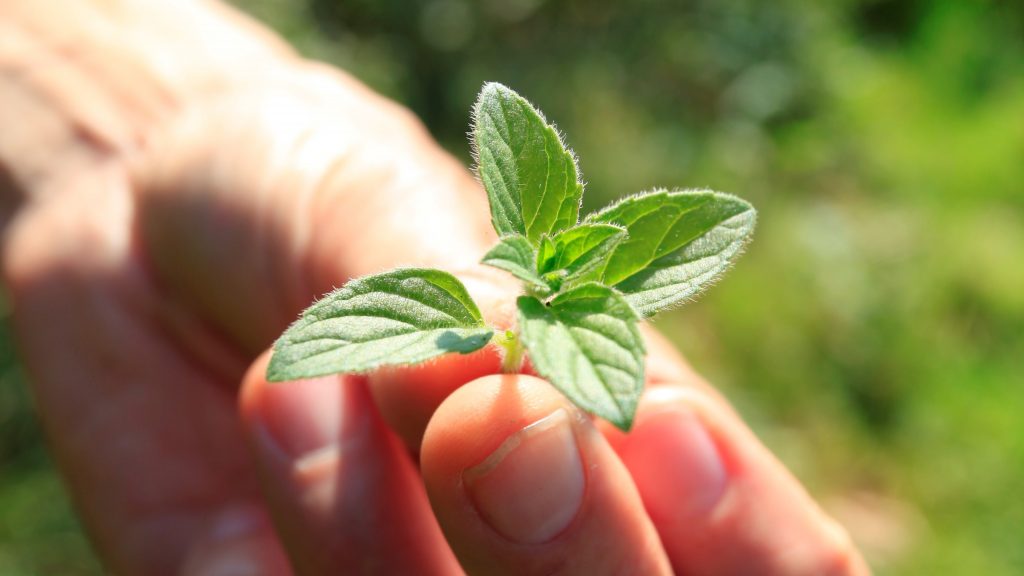
"Spread love wherever you go. Let no one ever come to you without leaving happier." — Mother Teresa
Can plants feel love?
Ask any gardener that speaks to their plants and they’ll tell you ‘yes’. Although there may not be any hard evidence that this is true, there is plenty of anecdotal evidence that plants respond to music and emotions.
I’m reticent to say that plants’ consciousness is less complex than our own, as there is so much we don’t understand. Plants are not humans, though as we know with trees, they do communicate, respond to threats and offers of help. So why not share a little love with the plants.

A story about love
I wanted to tell you a story that highlights how ‘off’ our culture is from creating heaven on earth. There's a tale I’ve heard about an African musician being asked why they have so many songs about rain. He replies: "Because we have so little of it." Then, after some reflection, he offers a question back, "Is that why you have so many songs about love?"
Despite our culture's saturation with love songs, do we truly understand love's essence? Defined as a deep affection for, interest in, and pleasure from something or someone, love is also a verb—an action.
There is a saying; Love is as natural as gravity. However, it can feel increasingly scarce in a world fixated on conquering Mars, and exploiting our lands and seas. Yet, this fundamental force can redefine our relationship with nature and one another for the better. Love is a tool that needs to be used, practiced and brought into everything we do if we want a world that feels loving and good.
Food and emotions
Some deem love an emotion capable of evoking powerful sentiments. The connection between feelings and food runs deep in human history and culture.
Films about love and cooking are etched on my memory. In the film Like Water for Chocolate the main character, Tita, cries tears of sorrow into the wedding cake mixture she makes for her lover and his bride-to-be. As the guests enjoy the cake, everyone starts to cry, filled with the sorrow for lost loves.
In the 1997 film Soul Food, the mama of the family speaks of cooking from the heart. The film explores themes of family and how love is food for the soul. In the film Chocolat, a chocolatier shows people how to love and truly live.
All these films depict how food prepared with love can stir emotions, evoke memories, and foster connections. When I knead bread for a foraging event, I infuse it with thoughts of the participants and as much loving care as possible.
Love and compassion are necessities not luxuries. Without them humanity cannot survive.
Dalia Lama
Love and foraging
For me, foraging is an act of love—an opportunity to show care and appreciation for nature and the plants that sustain me. Since time immemorial, foraging has been integral to life, a respectful exchange where life from the Earth sustains life and we sustain it. Our ancestors understood this reciprocity, honouring their harvests with gratitude.
Approaching foraging with love isn't merely a sentiment; it's a practical approach to sustainability and ethics. It challenges us to consider what foraging would look like devoid of love—gathering plants with disdain, neglect, or ruthless decimation. Contrastingly, foraging with love ensures that we take only what we need and give back in ways that nourish the Earth.
"What we have once enjoyed, we can never lose. All that we love deeply becomes a part of us." — Helen Keller
Love isn't just a feeling; it's an approach to life, a presence that underpins all our actions Let us choose love in how we forage, how we interact with nature, and how we live our lives. By spreading love wherever we go, we leave behind a world that's a little kinder, a little richer.







